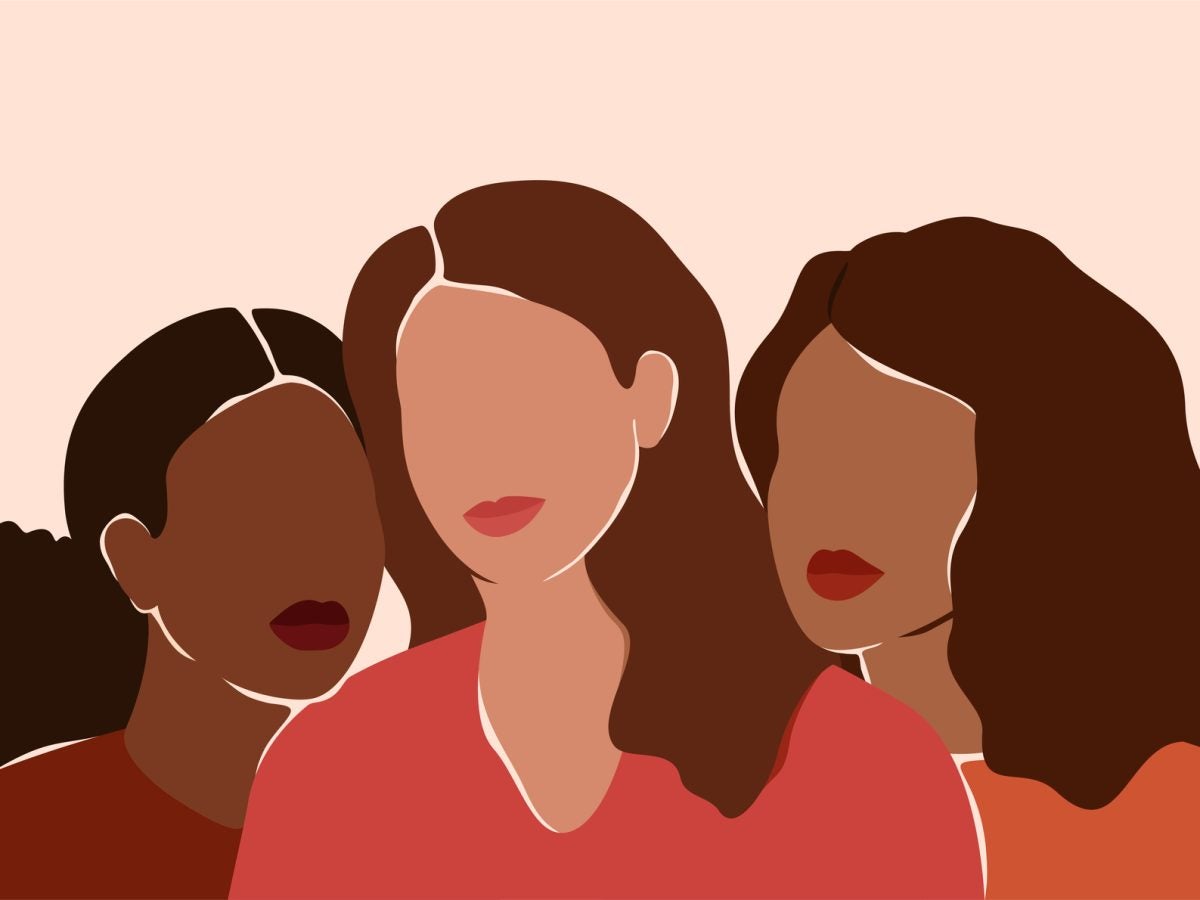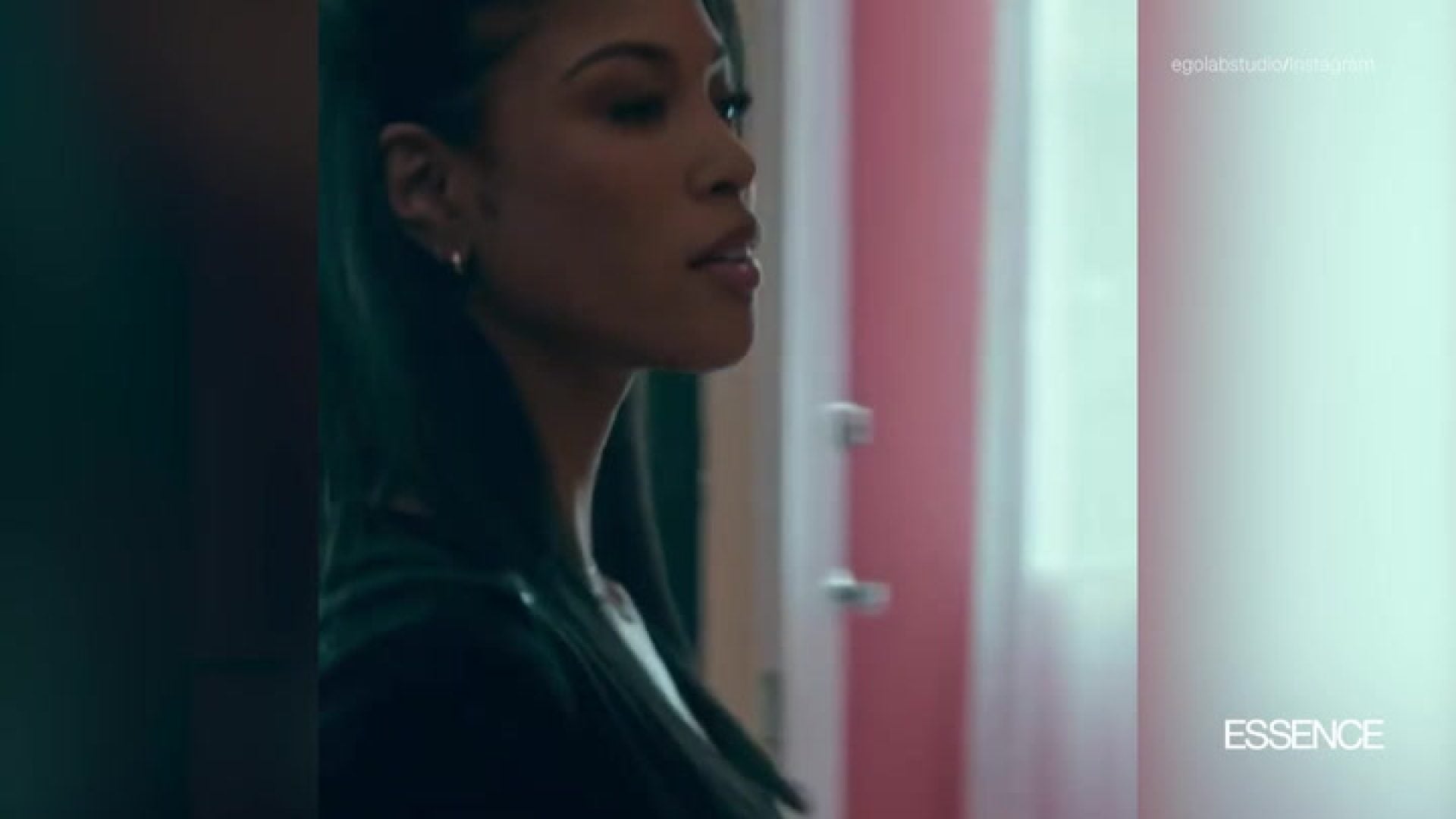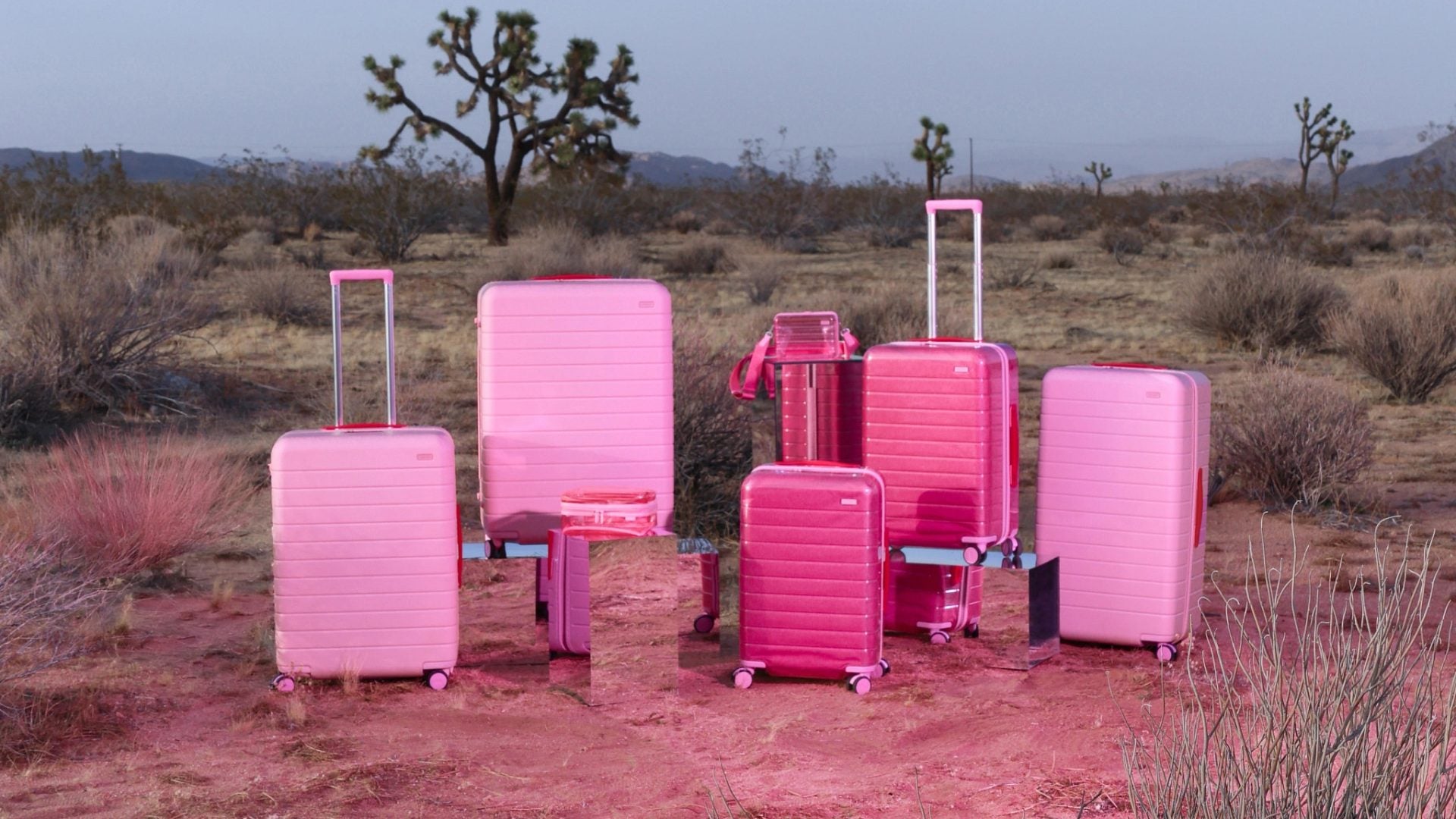
We as Black women need sisterhood because what’s life without hair musings, a little “tea” exchange, and meme-worthy moral support? While we know we need solid friendships and sisterhood, many of us may not know how to create the healthy ones we dream about.
What are the fundamentals of a good friendship? How do we keep our relationships healthy and avoid toxic ones?
We consulted some experts who offered tips on how to maintain healthy friendships as Black women. Here’s what you need to know to have more fruitful and fulfilling relationships with your girls.
Understand What You Need in a Friend
Have you ever sat and written out a list of things you need in a romantic partner? This is something that you can do to see what you need in a friend, too. Relationships can thrive when both people know what they need, communicate about it, and both parties’ needs are met. Sometimes it requires some inner work to know what you’re looking for in a friend beyond common things like them living in close proximity or sharing similar identities, says Kenya Crawford, a licensed psychotherapist and racial equity consultant based in Philadelphia.
“What does it mean for you to feel aligned and safe in a friendship?” she asks. “Is it that you need someone who’s supportive? Is it that you need someone who calls you into difficult conversations? Is it someone who holds you accountable to the things that you said at the top of the year?”
Crawford says it’s important that we’re honest with ourselves about what we’re open to receiving and what we can also give in a friendship.
Ensure You’re Aligned
Some people are in friendships held together by strings because of how long they’ve known the person. However, time doesn’t always equate to a healthy friendship. Crawford says that she sees many of her clients holding on to relationships from childhood or high school just because.
“Recognize that you’re not the same person you were when you were a child and when you were in high school or even college, and that’s a good thing. We’re meant to grow and evolve,” she says. “Sometimes friendships don’t stay intact throughout that evolution. And there’s no hard feelings, nothing wrong with that, but it’s ensuring that we’re creating friendships that are in alignment with who we are and what we value and over time, that’s meant to change.”
Embrace Forgiveness
Forgiving friends isn’t always easy, especially when we have high expectations. However, as Dr. Chanda Reynolds, PsyD, Washington, D.C.-based licensed clinical psychologist and host of the Paging Dr. Chanda Podcast shares, knowing how to forgive is key.
“I always say people are going to be people. We are flawed beings,” she says. “We’re going to say things that might rub people the wrong way sometimes. And you know, even though it might not be purposeful or our intent, sometimes things like that happen in relationships.”
It’s also essential to be aware of any unresolved pain you have from past relationships. Reynolds says a common mistake she sees people make in friendships is carrying baggage into new ones. “It’s important to go into friendships and sisterhood or what have you with a clean slate. Allow people to show you who they are without assuming that you know who they are,” she says.
Set Loving Boundaries
Boundaries are a hard topic for people who grew up without any. As the conversation about mental health continues to become more mainstream, we are learning that boundaries are a form of self-care and not a malicious way to declare war on those we love.
“One thing I love about boundaries is that a boundary is set in place in order to keep your needs safe and secure,” Crawford says. “So when we’re talking about friendships and relationships, I would hope that the relationships that you’re nourishing want you to feel safe and secure in your needs.”
What happens when friends take offense to your boundaries? Or you take offense to someone’s boundaries? Crawford recommends reminding one’s self that the boundary isn’t a rejection of another person. It is just a way to ensure the person setting the boundary gets their needs met. In other words–don’t take it personally! Reynolds says, in addition to that, upholding a boundary is just as important as setting one.
“If people do cross our boundaries, know how and when to basically check them,” she says. “Let that person know if they’re crossing your boundary because people have no way of knowing that they are unless we acknowledge it.”
Prioritize Mental Wellness
When two people are in a good place mentally, it may be easier to show up for one another in loving ways. Crawford expands on the importance of this saying, “We’re [Black women] living through systemic oppression on a daily basis, which is absolutely going to have a negative impact on our mental health. So I’d argue that every friendship, every relationship amongst Black women needs to center mental health, because if it doesn’t, are you really connected to someone? Are you really building the foundation of love and care if you’re not loving their mental health and their mental wellness?”
Before you can prioritize your mental wellness, you have to know what makes you feel centered and connected to yourself. And that takes us back to the cliché but true statement that you can’t love anyone else if you don’t first love yourself. In Reynolds’ words, “It’s important to just be able to understand what self-love looks like before pursuing any type of friendship or relationship.”





